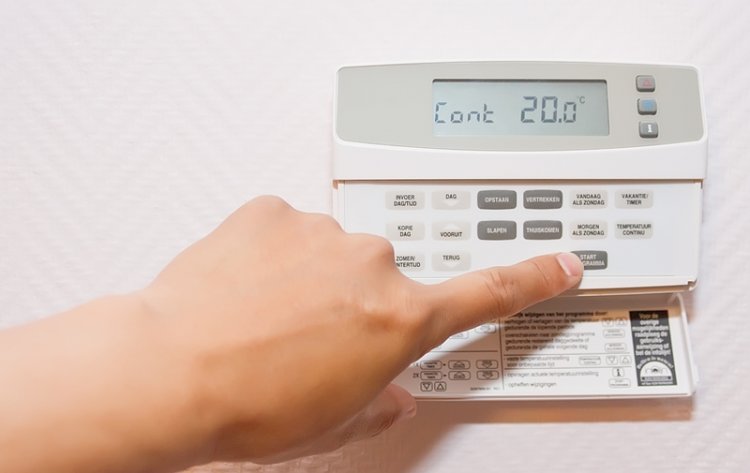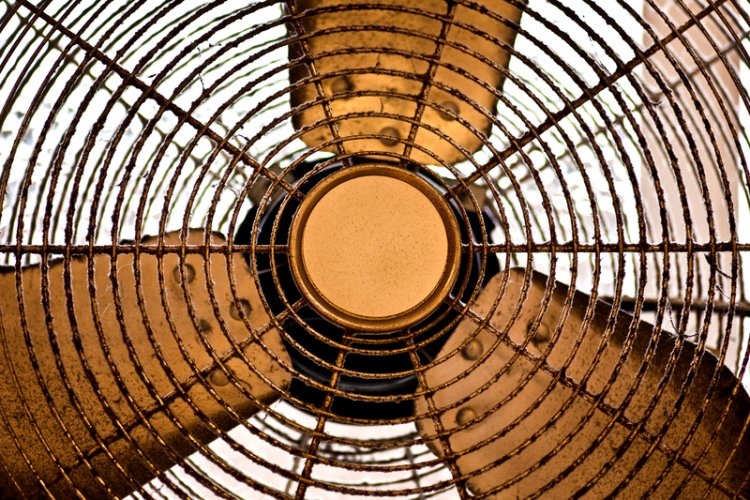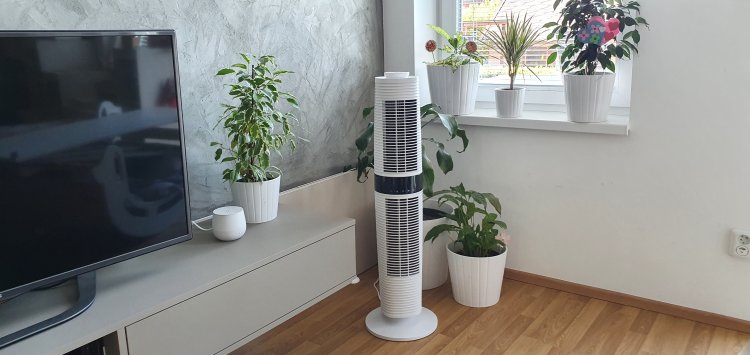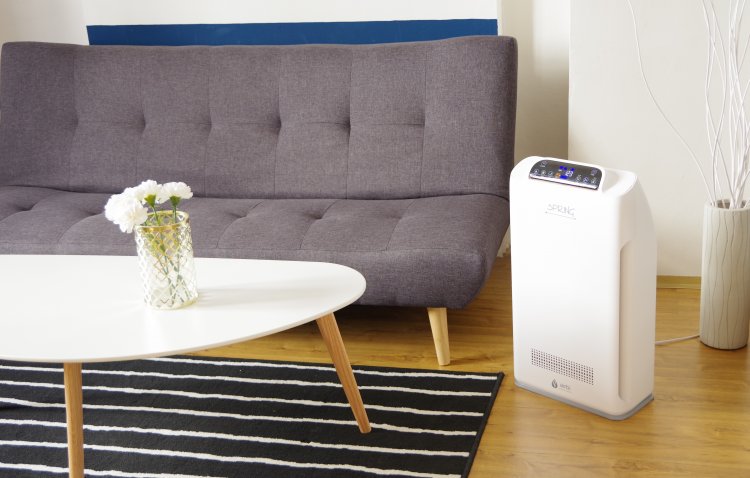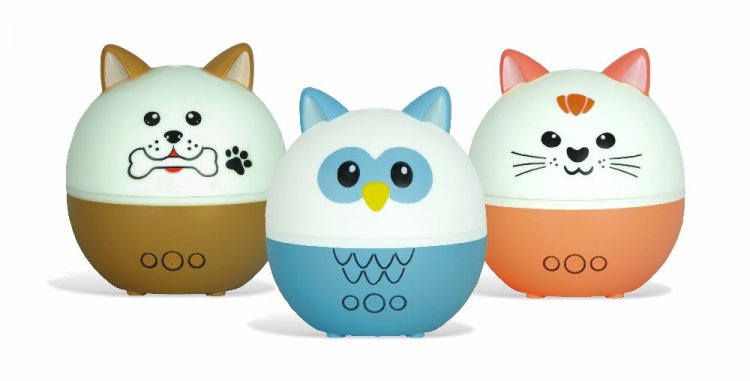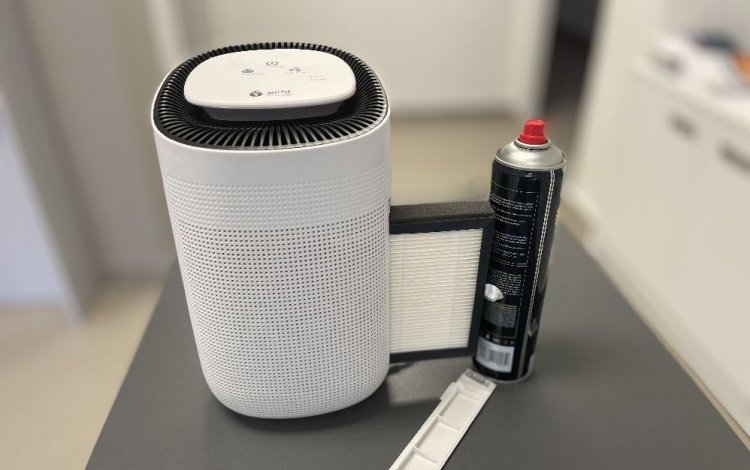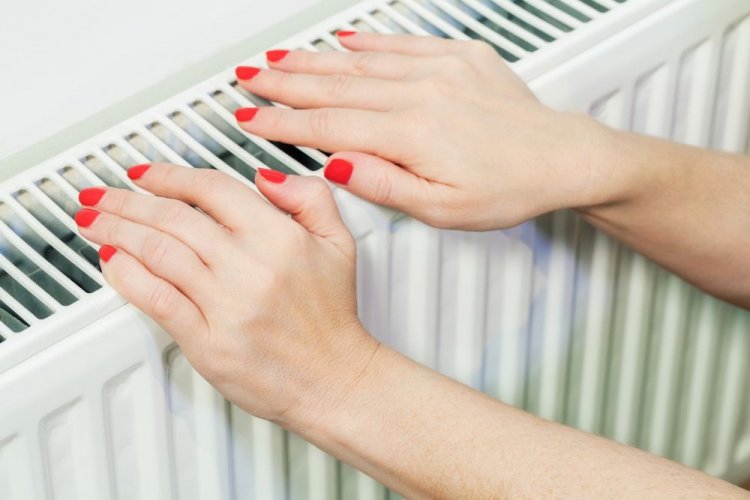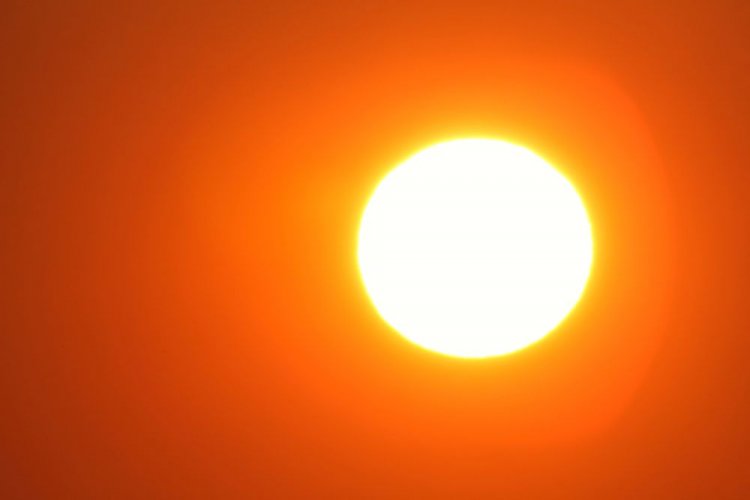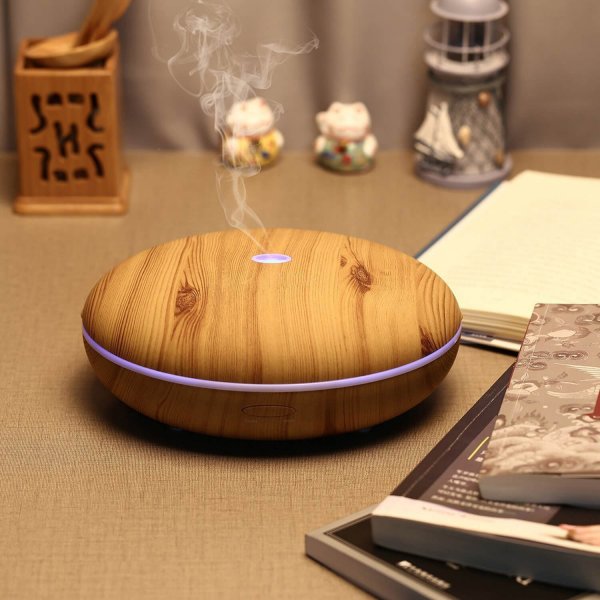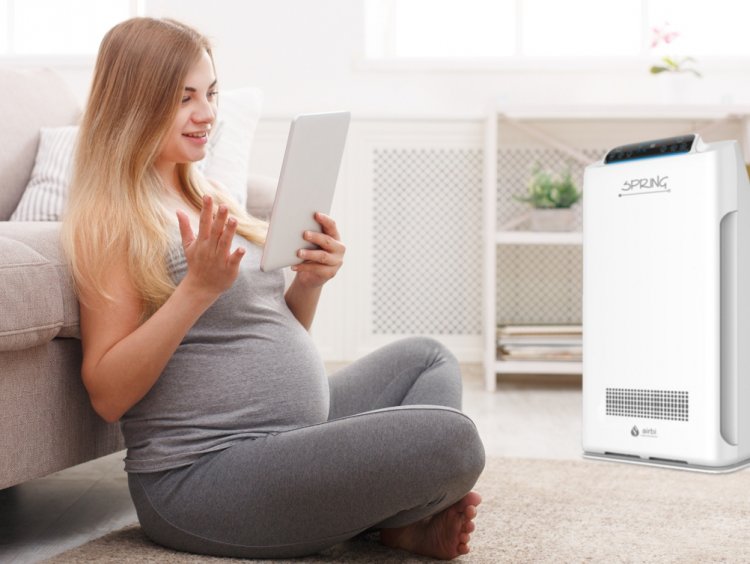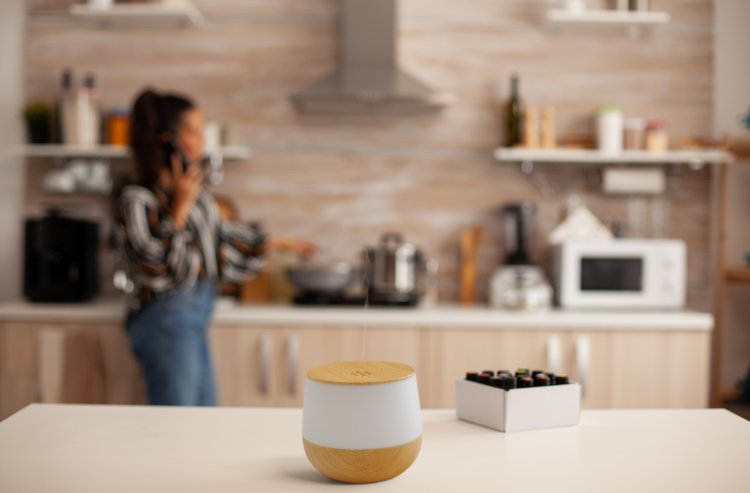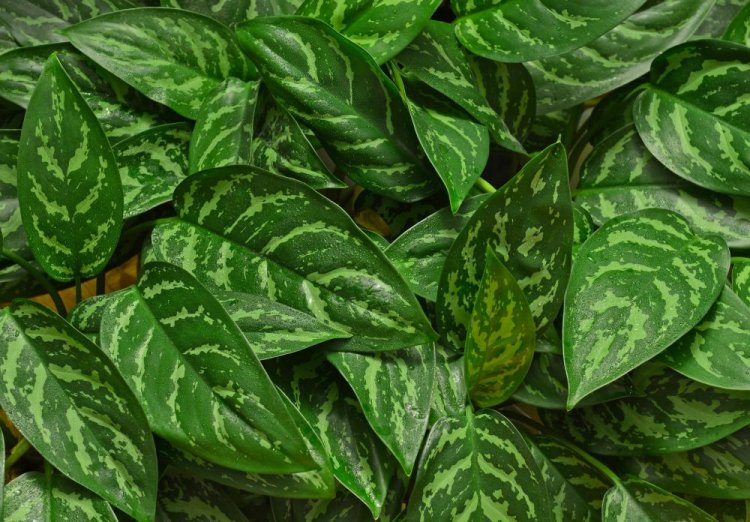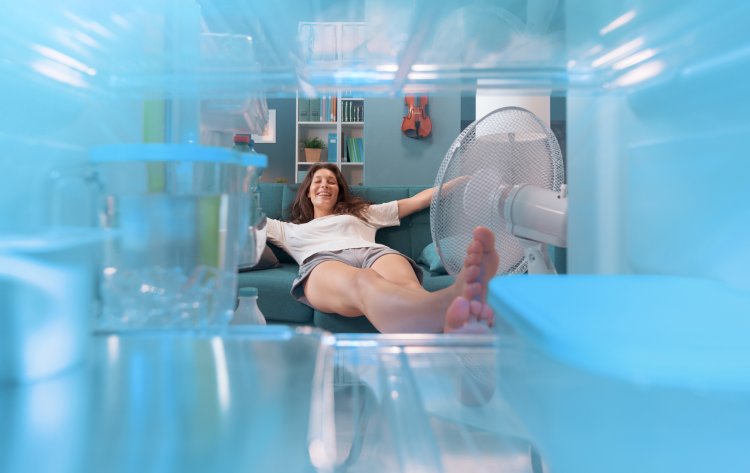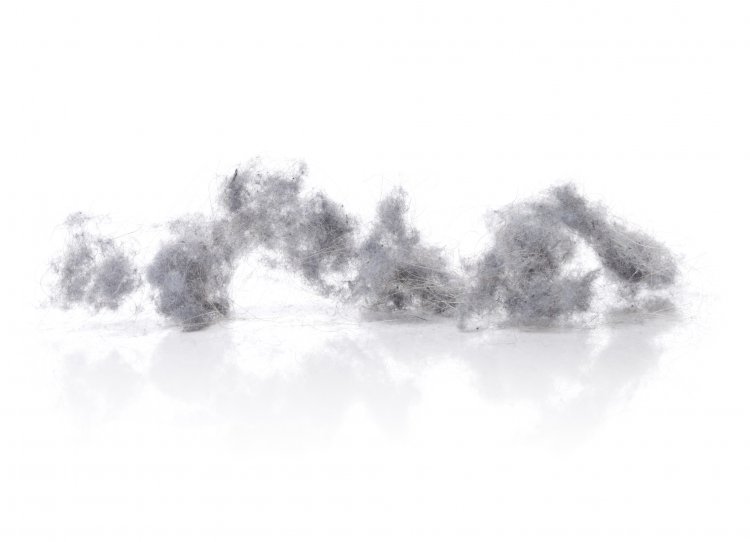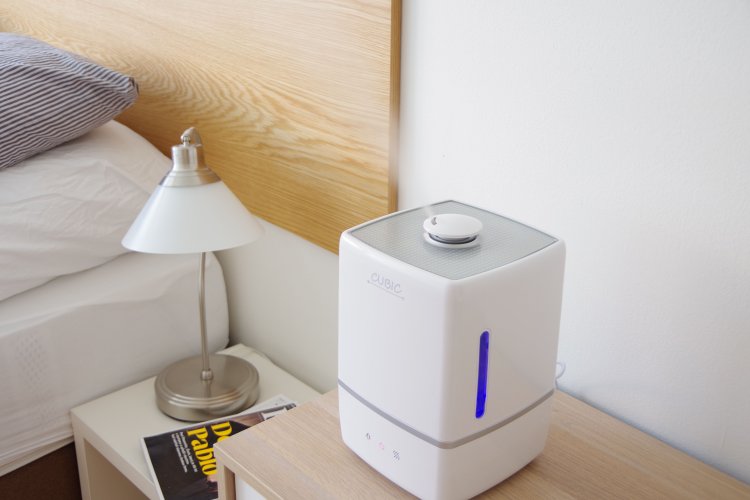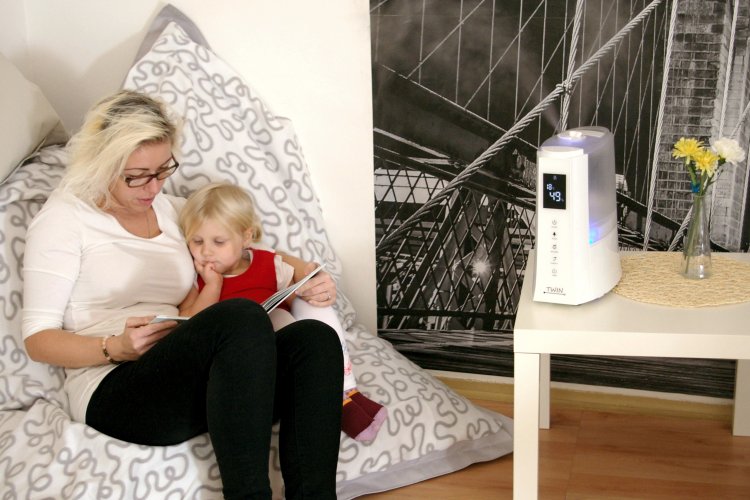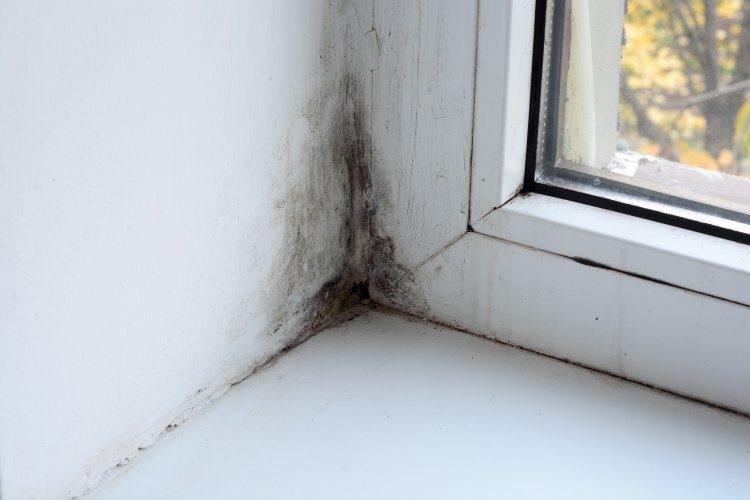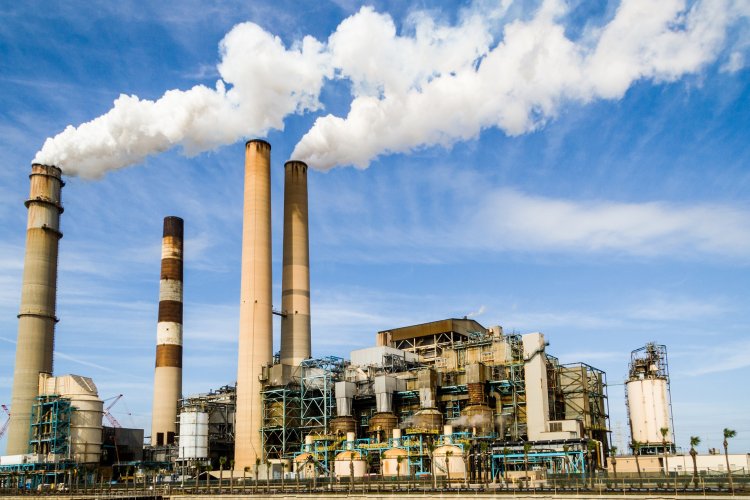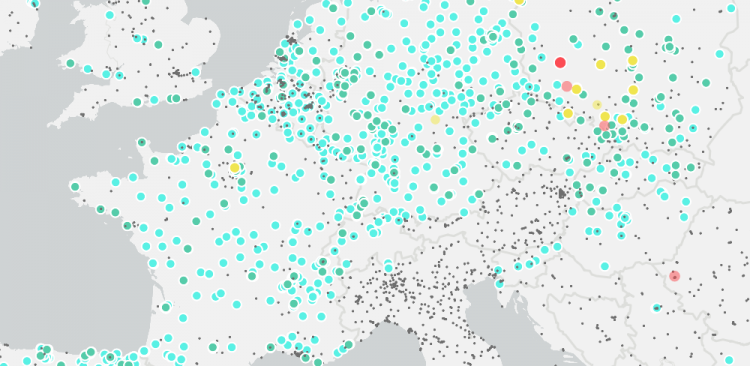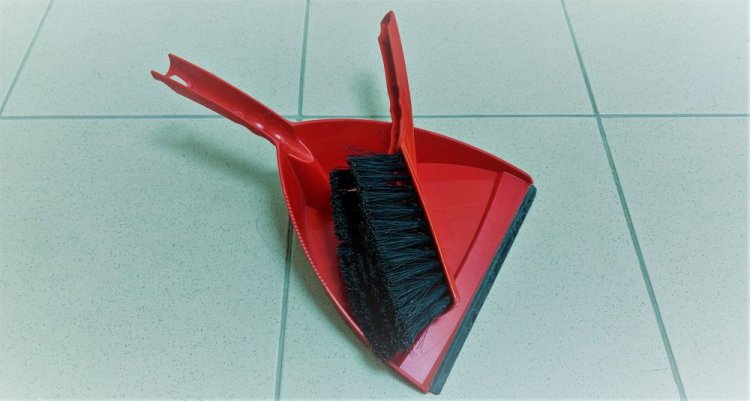

4 advantages (and 1 disadvantage) of desiccant dehumidifiers
Feb 20, 2025High humidity can be unpleasant. If you're choosing a dehumidifier, this brief overview of the advantages and disadvantages...
It's here again. Summer, hot air, increased consumption of ice cream and sweaty clothes. There is nothing worse than a sweat running down the sticky skin at the slightest movement. And if you survive the crazy heat during the day, there is still the hell of the night in the heated bedroom, which will not be taken over by even the biggest sleepers. The head then chases thoughts that merge into one - how to cool home? Do I just need a fan or should I invest in more expensive air conditioning?
As you may have guessed, the answer may vary depending on several factors. To choose the best solution for your home, you must first find out how each technology works and how it behaves.

Although fans and air conditioners help to stay cool in very different ways, both primarily use the cooling power of the evaporator.
Fans blow air through your skin, which promotes moisture evaporation. Evaporation is an endothermic process, which means that moisture absorbs heat from its surroundings as it changes to steam. Part of what makes fans so effective is that they don't necessarily cool the whole room, but mainly you.
Air conditioners use the same mechanism, but in a much more complicated way. Inside your air conditioner is a coolant spiral that constantly undergoes evaporation and condensation. The air is sucked into the air conditioner and cooled by the evaporation process. Condensation occurs elsewhere in the unit, so heat outside your home. In short - the coolant absorbs the heat from the room and drives it out.

Air conditioning needs significantly more energy to transfer heat than a fan that blows air onto your skin. Being fan-wise is therefore significantly more energy-efficient and therefore more economical. Fans consume approximately 1% of the electricity consumed by air conditioners. You can easily let the fan run for 24 hours and still consume less energy than if you turned on the air conditioning for 15 minutes. So if you want to save money and still care about your environmental footprint, a fan is the clear choice. At least in most cases. There are situations where even the most powerful fan in the world will not help.

While this fan is ideal in many cases, you should consider using it when it becomes a real hic. By accelerating the evaporation of moisture from the skin, fans also intensify dehydration and electrolyte imbalance. If it lasts for a long time, various health problems can manifest - from heart rhythm disorders through muscle cramps to nervous breakdown. Therefore, experts do not recommend using fans at temperatures above 35°C, which is really the best solution for air conditioning. But the question is, how many such days will come in our geographical conditions during the summer, and whether the investment in it will pay off. The mobile variant will cost you at least CZK 10,000, while the wall variant will double you. On the other hand, you can easily get a reliable table fan in the thousands, you can buy a really top-quality all-room fan for around CZK 2,500. And if you use them properly, the vast majority of summer days will be enough with them without any problems.

Due to the principle of operation, air conditioning has another feature that is not a threat to fans. It significantly dries out the air in the room, which can result in drying of the mucous membranes and thus disrupt the natural barrier of the human body. If this happens for a long time, pathogens in the form of bacteria, viruses or fungi that would otherwise be trapped by the moist surface of the mucous membranes easily enter our body. And then it's just a step to all sorts of diseases. Not to mention that the symptoms of dry air - dry mouth, runny nose and irritated eyes and throat area - are not exactly pleasant.

| Pros | Cons |
|---|---|
| Fans have significantly lower input costs and are also less expensive to operate. In addition, compared to air conditioning, they are virtually maintenance-free. | The fans only work at temperatures up to 35 ° C. |
| The fans do not produce any harmful gases. This means a lower carbon footprint and better indoor air quality. | Fan blades can pose a safety risk. |
| Portable fans can be moved around the house and placed according to use, rather than mounted in one place. | It does not provide the same level of cooling as air conditioning. |
| The fans do not need to be installed for a long time. Wiring is quick and easy compared to the great effort and expense required to install an air conditioner. |
| Pros | Cons |
|---|---|
| Air conditioning is more suitable where a large space needs to be cooled. | Operating and initial costs of air conditioners are much higher than for fans (up to a hundred times). |
| Thanks to the filters, the air conditioning can partially clean the air. However, regular replacement is required, otherwise there is a risk of contamination. | Air conditioning must be planned when designing the house, especially in the case of central air conditioning. At the same time, they require regular maintenance and lengthy installation. |
| At high temperatures (above 35 ° C), air conditioning is practically the only way to cool the room. | Air conditioners contain potentially harmful refrigerants. With older air conditioners, this risk is even greater, these gases are becoming a source of ozone depletion. |
| Air conditioning significantly dries out the air and thus causes health problems associated with dry mucous membranes. |




